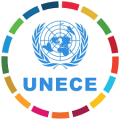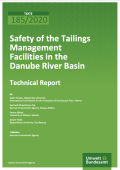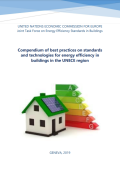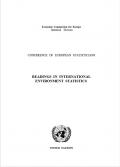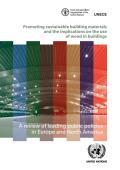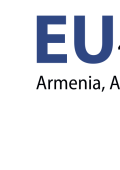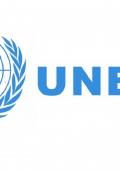
The United Nations Economic Commission for Europe (UNECE) was set up in 1947 by ECOSOC. It is one of five regional commissions of the United Nations.
UNECE's major aim is to promote pan-European economic integration. UNECE includes 56 member States in Europe, North America and Asia. However, all interested United Nations member States may participate in the work of UNECE. Over 70 international professional organizations and other non-governmental organizations take part in UNECE activities.
- Providing legal frameworks and assistance activities through instruments like the UNECE Multilateral Environmental Agreements.
- Developing expertise and policy solutions in areas such as resource efficiency, environmental performance, environmental democracy, sustainable transport, sustainable energy, sustainable housing, green real estate markets, and sustainable forest products.
- Measuring sustainable development and improving capacities for environmental monitoring and assessment.
- Encouraging eco-innovations and green investment.
- Raising awareness to change behavioral patterns towards sustainable consumption and production, for example through the UNECE Strategy for Education for Sustainable Development.
- Developing green standards, for example the standards for cleaner and smarter vehicles developed by the World Forum for the Harmonization of Vehicle Regulations.
These programmes and activities are described in greater detail on the UNECE website (www.unece.org).
As a multilateral platform, UNECE is committed to policy dialogue, exchange of best practices, capacity-building, and technical cooperation for countries in Eastern Europe, the Caucasus and Central Asia as key tools for sharing and disseminating green economy knowledge. A prime example in this regard is the UNECE Green Economy Toolbox, a practical one-stop tool providing information and guidance on the green economy that was launched online in 2013. The toolbox offers numerous UNECE tools, such as guidelines and policy recommendations, for different stakeholders, including Governments, businesses, academia, and non-governmental organizations.

